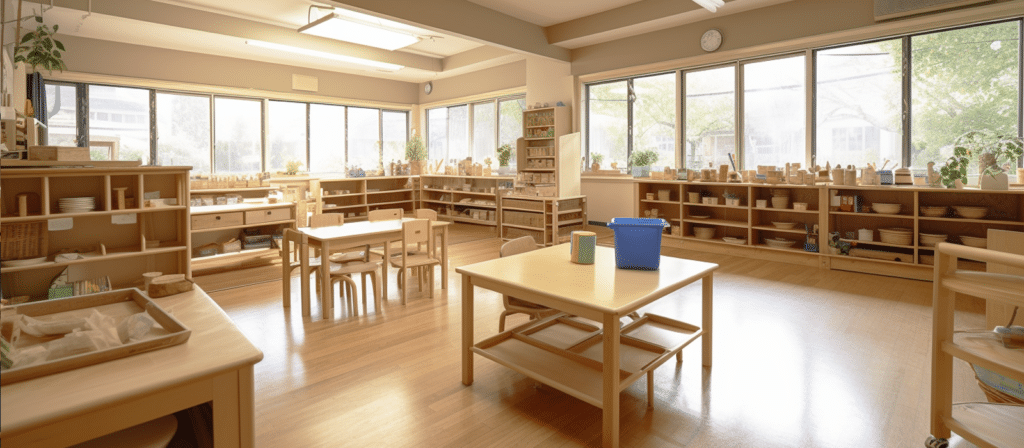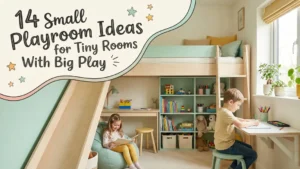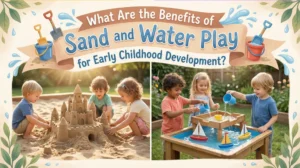Are you a parent, educator, or administrator seeking to ensure the safety of young learners in preschool environments? The safety of preschool furniture is paramount in creating secure and conducive spaces for children’s growth and development. Join us as we explore the critical safety standards you should consider when selecting or assessing preschool furniture.
Ensuring the safety of preschool furniture involves understanding and adhering to specific safety standards and guidelines. Safety Standards for Preschool Furniture: What to Look For is your guide to making informed choices to protect young children.
What are the safety standards for preschool furniture?
When it comes to preschool furniture, safety should be the top priority. There are several safety standards that furniture manufacturers should meet to ensure the well-being of children. One of the most important safety standards is compliance with the Consumer Product Safety Commission (CPSC) guidelines for furniture intended for children. The CPSC sets regulations and standards to prevent injuries and accidents related to furniture use.
Additionally, furniture should also meet the safety standards set by ASTM International (formerly known as the American Society for Testing and Materials). These standards cover various aspects of furniture safety, including stability, durability, and non-toxic materials. It is important to look for furniture that is labeled as ASTM compliant to ensure it meets the necessary safety requirements.
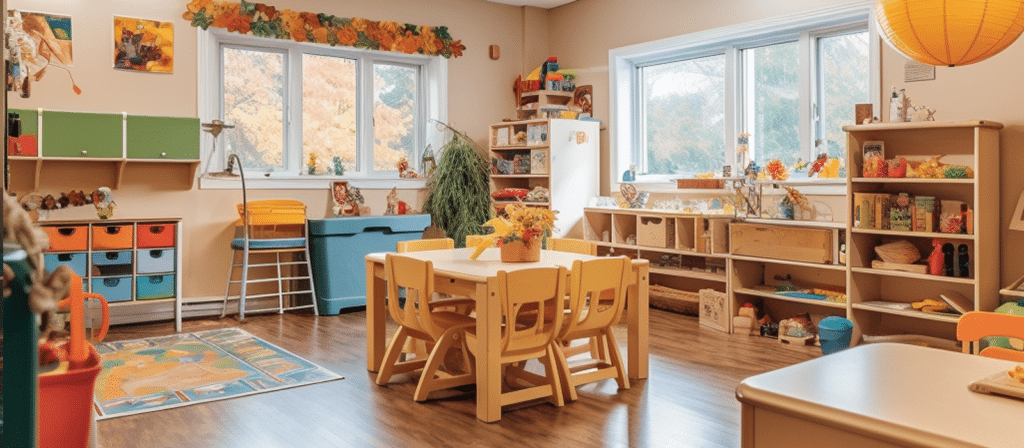
Why is it important to choose preschool furniture that meets safety standards?
Choosing preschool furniture that meets safety standards is crucial for several reasons. Firstly, it helps prevent accidents and injuries among children. Preschool-age children are still developing their motor skills and coordination, making them more susceptible to accidents. By selecting furniture that meets safety standards, you can minimize the risk of falls, entrapment, and other potential hazards.
Secondly, compliant furniture provides peace of mind for both parents and educators. When parents drop off their children at preschool, they should feel confident that the environment is safe and conducive to learning. Similarly, educators need to focus on teaching rather than worrying about potential safety issues. By investing in furniture that meets safety standards, you create a secure and nurturing environment for everyone involved.
What should I look for when choosing preschool furniture?
When selecting preschool furniture, there are several factors to consider to ensure it meets safety standards. Here are some key points to keep in mind:
- Stability: Look for furniture that is sturdy and stable. It should not wobble or tip easily, even when children exert pressure on it. Avoid furniture with sharp edges or protruding parts that can cause injuries.
- Durability: Preschool furniture should be able to withstand the wear and tear of daily use. Choose furniture made from high-quality materials that are resistant to chipping, cracking, or breaking. This will ensure longevity and reduce the need for frequent replacements.
- Non-Toxic Materials: Children often explore the world by touching and putting things in their mouths. Ensure that the furniture you choose is made from non-toxic materials, free from harmful chemicals such as lead or phthalates. Look for furniture that is labeled as “child-safe” or “non-toxic.”
- Ergonomics: Preschool furniture should be designed with the size and needs of young children in mind. Chairs and tables should be appropriately sized to promote proper posture and comfort. Adjustable furniture is ideal as it can accommodate children of different heights and sizes.
- Easy to Clean: Preschool environments require regular cleaning to maintain hygiene. Choose furniture that is easy to clean and sanitize. Smooth surfaces and materials that are resistant to stains and spills will make cleaning a breeze.
By considering these factors and choosing furniture that meets safety standards, you can create a safe and stimulating learning environment for preschoolers.
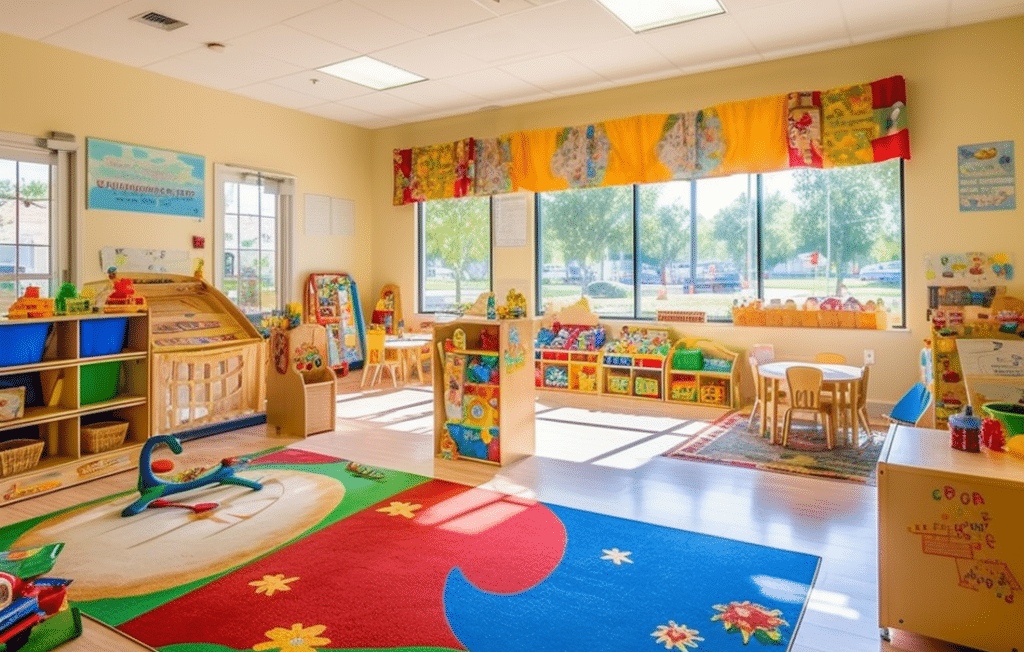
Can I trust all manufacturers’ claims about safety standards?
While manufacturers may claim that their furniture meets safety standards, it is essential to verify these claims. Look for certifications or labels indicating compliance with relevant safety standards, such as CPSC and ASTM. Additionally, do some research on the manufacturer’s reputation and reviews from other customers to ensure their commitment to safety.
It is also beneficial to seek recommendations from other educators or preschool administrators who have experience in selecting safe and reliable furniture. They can provide valuable insights and share their firsthand experiences with different manufacturers and suppliers.
Are there any additional safety measures I should consider?
In addition to choosing furniture that meets safety standards, there are some additional safety measures you can take to further enhance the safety of your preschool environment:
- Anchoring Furniture: Anchor heavy furniture, such as bookshelves or cabinets, to the wall to prevent tipping accidents. This is particularly important in areas where earthquakes or other natural disasters are a concern.
- Soft Surfaces: Consider using soft surfaces, such as carpeting or foam mats, in areas where children are most likely to play or engage in physical activities. This can help cushion falls and reduce the risk of injuries.
- Regular Inspections: Conduct regular inspections of the furniture to identify any signs of wear, damage, or potential hazards. Promptly repair or replace any furniture that no longer meets safety standards.
- Supervision: Ensure that children are always supervised while using furniture to prevent misuse or unsafe behaviors.
Remember, creating a safe environment requires a collaborative effort between educators, parents, and furniture suppliers. By staying vigilant and making informed choices, we can provide our children with the best possible learning experience while prioritizing their safety.
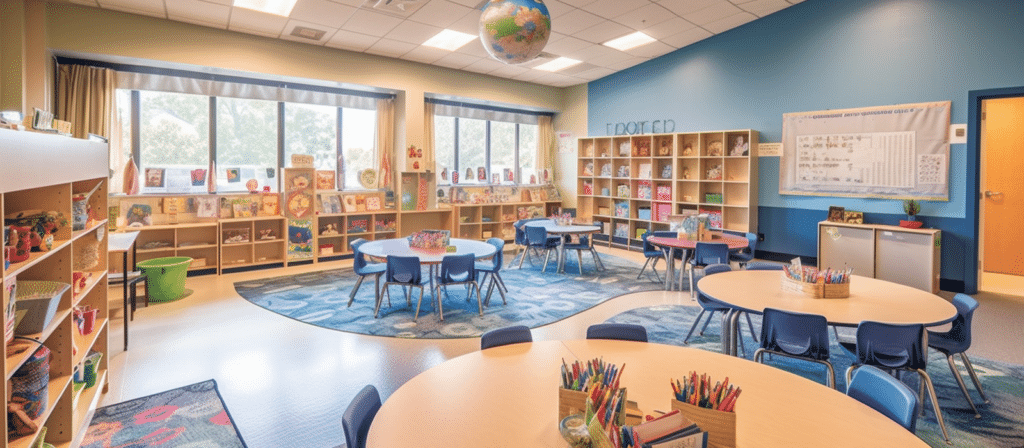
In Conclusion
When it comes to preschool furniture, safety should never be compromised. By choosing furniture that meets safety standards, you can ensure the well-being of children in your care and provide them with a secure and comfortable learning environment. Look for furniture that complies with CPSC and ASTM standards, prioritizes stability, durability, non-toxic materials, ergonomics, and ease of cleaning. Additionally, consider additional safety measures such as anchoring furniture and using soft surfaces. Together, we can create a safe and nurturing space for our little ones to thrive.

